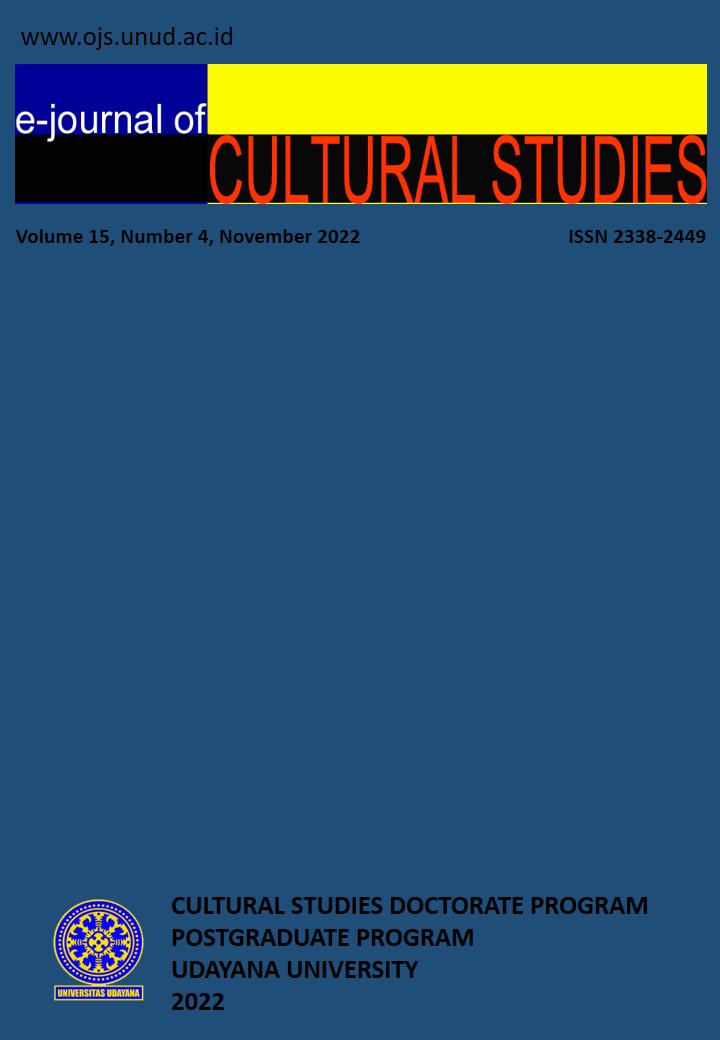POWER RELATIONS IN CALISTUNG LEARNING IN TK/RA AND SD/MI CURRICULUM IN SOUTH KUTA DISTRICT
Abstract
Reading, writing, arithmetic or what is abbreviated as calistung are basic skills that are often a problem for students. The practice in the field of calistung learning curriculum at the kindergarten and elementary school levels is out of sync. The calistung learning curriculum at the kindergarten level is not allowed to be taught directly, while the elementary school curriculum requires first graders to master calistung.
This study aims to analyze the form of power relations in the calistung learning curriculum, reveal the factors behind power relations, as well as uncover and examine the impact of power relations in the calistung learning curriculum on kindergarten and elementary school students. This study uses a qualitative approach with interpretive descriptive-qualitative data analysis.
The results showed: first, the form of power relations in calistung learning in the TK/RA and SD/MI curriculum was extracurricular and private calistung activities. Second, this power relation occurs against the background of several factors, namely the TK/RA 2013 curriculum and SD/MI 2013 curriculum, institutional policies, demands of guardians of students, community assessments, and acceptance of new elementary/MI students. Third, power relations in calistung learning have positive and negative impacts. The positive impact is that students become more confident in learning activities because they have mastered calistung. The negative impact is that students become depressed with lessons, lose playing time, untraceable mindsets, decrease interest in learning because they feel they have mastered, get angry easily when stressed with lessons, and decrease achievement. This condition is known as "mental hectic". The government must take firm action against institutions that violate the established curriculum. Institutions, educators and guardians of students must be wise in providing calistung material to children or students, calistung must be given according to the stages.
Keywords: power relations, learning, calistung, curriculum







